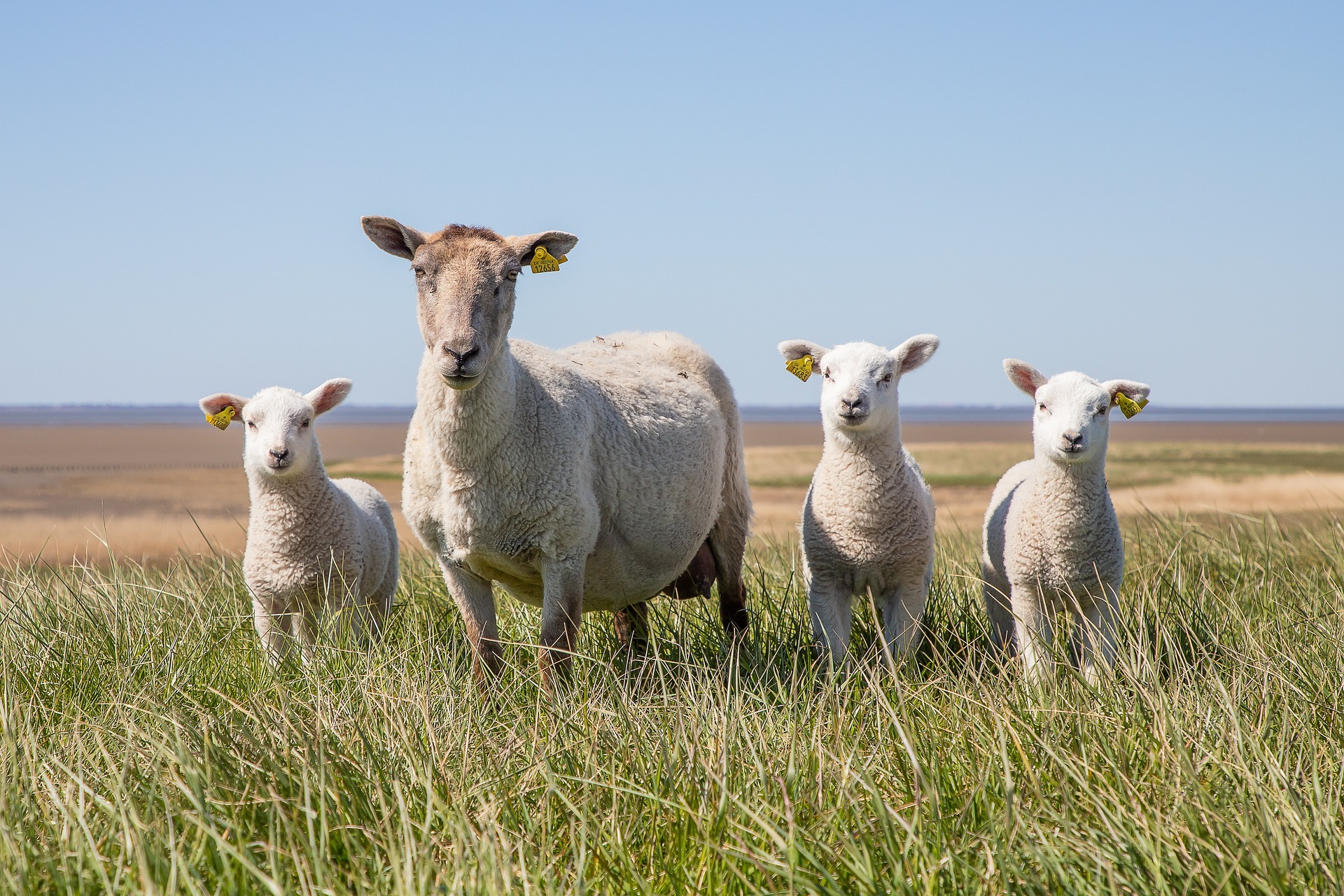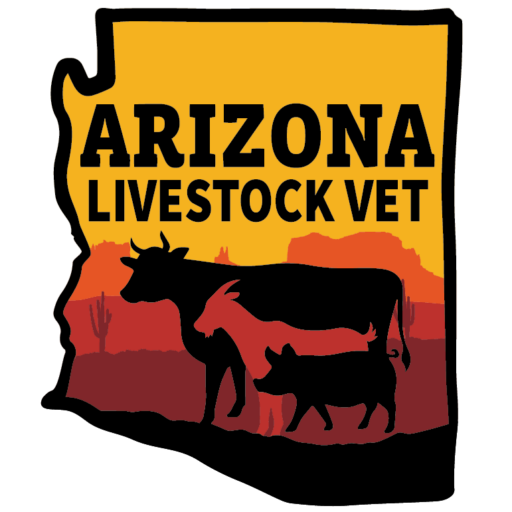We are now accepting new patients - schedule an appointment today!
Sheep
At Arizona Livestock Veterinarians, we understand the unique needs of sheep and are dedicated to providing comprehensive veterinary care tailored specifically for your flock. Our experienced team offers a wide range of services to ensure the health and well-being of your sheep, whether you have a small hobby farm or a large commercial operation. From routine health checks and essential vaccinations to nutritional advice, surgery, and reproductive services, we are committed to providing the highest quality care.

Our Procedures, Labs, and Services
See something missing you are looking for? Don’t hesitate to call or text with any questions!
Available Emergency Veterinary Services for Sheep
Things happen, and sometimes your sheep need emergency veterinary services. Whether it’s an injury, illness, or assistance with the birthing process, we’re here to help. Call Arizona Livestock Veterinary Practice at (480) 604-2303 today to get emergency service for your sheep.
Mobile Veterinary Services For Sheep
We are a mobile veterinary practice, we bring everything we need to take care of your animals at your home, farm, or ranch.
Cities we serve include:
FAQ
Frequently Asked Questions
Sheep require yearly vaccinations for Clostridium perfringens types C and D and tetanus (CDT) at minimum.
We currently follow AASRP Castration Guidelines for timing and castration techniques. We highly recommend providing pain relief/management and updated tetanus vaccinations at the time of any and all castrations.
The different methods of castrations we recommend are:
- Banding: Banding can be performed up until two months of age.
- Surgical Castration: Surgical castration can be performed at any age under general anesthesia. Surgical castration is beneficial at the age of 3 months and older for the development of urethra and decreased likelihood of urinary blockages in the future.
Call AZ livestock to receive more information about castrations and recommendations for your particular herd.
Interstate movement of livestock requires a valid health certificate before movement (commonly valid for up to 30 days). Each state has separate requirements for movements and those can be found at Interstate Livestock Movement.
If you are planning to travel to a different state with your animals, we can help! Fill out the the form at the this link. When you submit it, our office will reach out to you to help get you prepared to move your animals.
Feeding recommendations may change based nutritional status of the animal. Nutritional status can be determined by factors such as age, breed, and pregnancy status. Call AZ Livestock, and we will be happy to discuss the best nutritional recommendations for your herd.
We do not recommend any grains or alfalfa be fed to castrated males. Castrated males are at high risk of developing urinary calculi which result in emergency urinary blockages.
*Sheep are highly sensitive to copper so please only feed products labeled specifically for sheep to avoid toxicity*
We do not offer shearing through AZ livestock; however, we have shearers in the area that we highly recommend for shearing yearly. Call AZ livestock to be put in contact with local shearers!


